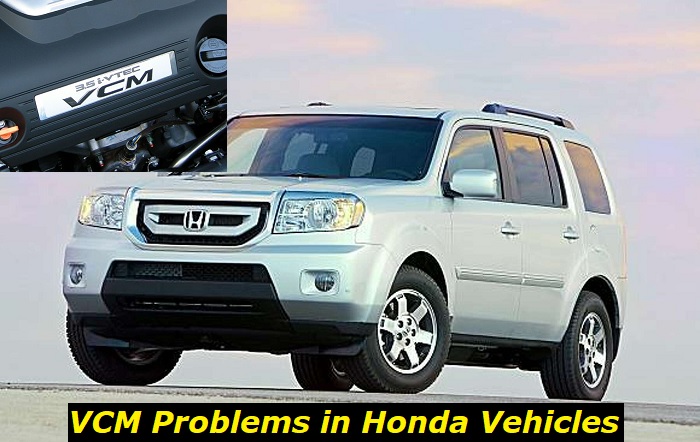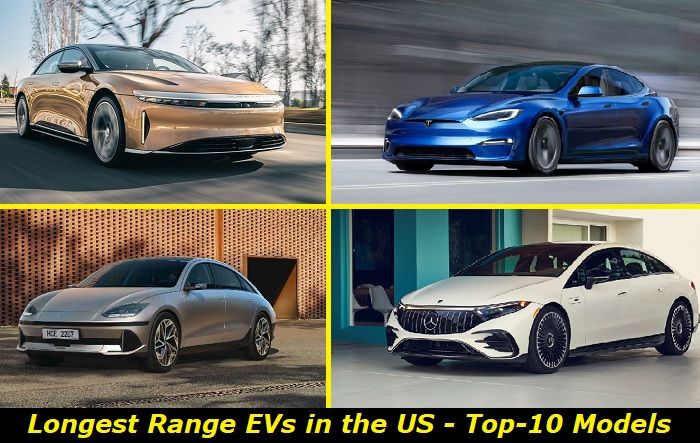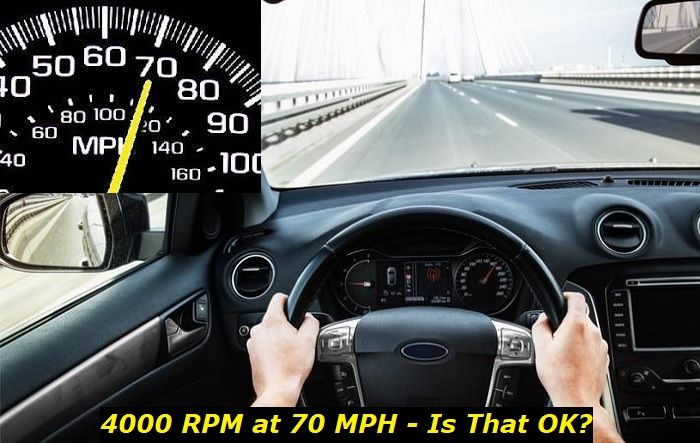If you're a Honda car owner, you may have heard of the Variable Cylinder Management system, also known as VCM. This system is designed to help improve fuel economy by working hand-in-hand with the i-VTEC (Variable Valve Timing & Lift Electronic Control) system. It disables certain cylinders during periods of light engine load.
This feature certainly complements the performance that Honda cars are known for, and it holds plenty of benefits for owners who want to save on the gas pump. However, there have been some complaints about Honda VCM problems. So, we are going to find out the reason why does this system fail so often? In this article, we'll take a look at the common causes of Honda VCM failure and offer possible solutions for each.

How VCM Works
Before proceeding any further, let's go over how Honda's VCM works. This way, you can understand its importance and how it generally impacts your vehicle.
VCM is a system that allows the engine to operate on fewer cylinders under certain conditions. This can result in reduced fuel consumption and emissions, as well as improved performance.
The VCM system is active at certain engine speeds and loads. At these times, two of the cylinders are shut down while the remaining four continue to fire. This effectively reduces engine displacement by one-third, resulting in reduced fuel consumption and emissions. The VCM system also allows the engine to run more smoothly at lower speeds, which can improve performance.
Benefits of the VCM system include reduced fuel consumption and emissions, as well as improved performance. The VCM system can help improve a vehicle's fuel economy by up to 10%. In addition, the VCM system can help to reduce emissions of carbon dioxide (CO2), a greenhouse gas. The VCM system is an example of Honda's commitment to environmental leadership.
The VCM system is just one of the many innovative technologies that make Honda engines some of the most advanced and efficient in the world. Other examples include the i-VTEC system, which optimizes engine performance and efficiency, and the Variable Valve Timing and Lift Electronic Control (VTEC) system, which further enhances performance while reducing fuel consumption. Combined, these technologies help to make Honda engines some of the most advanced and efficient in the world.
Symptoms of Common VCM Problem
Honda cars are known for their reliability. However, as with any vehicle, there can be problems from time to time. One potential issue is with the VCM system.
As mentioned earlier, the VCM system is designed to improve fuel economy by shutting off cylinders when they're not needed. However, if it's not working properly, it can cause a number of issues.
Common symptoms of VCM problems that you should really watch out for include:
1. Reduced fuel economy
The VCM is supposed to bring about reduced fuel consumption to your car, but if your Honda isn't getting the same gas mileage as it used to, it could be due to problems in that component.
2. Engine Misfires
If you're feeling that your engine is struggling to fire up and you are losing momentum while cruising, it's likely due to the VCM system.
3. Check Engine Light
A common symptom of many car problems, the Check Engine light can indicate plenty of internal problems within the engine bay, including VCM issues.
4. Rough Idle
If your car is idling roughly or your RPM reading is high, it could be a sign that the VCM system isn't working properly.
5. Stalling and Hard Starts
If your car significantly loses power more often than it used to and it is experiencing trouble starting, it could be due to a VCM malfunction.
6. Slipping Transmission
Another common symptom of VCM issues is transmission problems. You may notice that your car has trouble shifting gears or that it slips out of gear more often than usual.
If you're experiencing any of these symptoms, it's important to take your car to a mechanic and have it checked out. VCM problems can often be fixed with a software update or by replacing faulty parts of the system.
Causes and Solutions to VCM Problems
If you're up for the challenge and you want to fix the problem yourself, scroll down to know how to diagnose the probable causes of each issue and its corresponding solutions.
1. Addressing the Fuel Economy Problem
There are a few possible causes of reduced fuel economy even with the VCM active. One is that the system may be shuttering the wrong cylinders, which can lead to inefficient combustion and reduced power. Another possibility is that the VCM system itself may be failing, which can cause the engine to run less efficiently.
Fortunately, there are a few things you can do to try and fix these problems yourself. One is to check and adjust the valve clearance, which can be a common cause of VCM problems.
Another is to clean the Mass Air Flow sensor with a can of compressed air. If the sensors are already defective or worn out, have them changed. The MAF sensor is responsible for measuring the amount of airflow into the engine so it is important that it is free from obstructions and it is functioning correctly.
2. Fixing Engine Misfires
The engine misfire may be caused by a problem with the Variable Camshaft Timing in the VCM. The VCM system is responsible for changing the timing of the camshafts in order to improve engine performance. When the VCM system is not working correctly, it can cause the engine to misfire.
There are a few things that you can do to try and fix this problem yourself. First, check the oil level of your engine and make sure that it is within the recommended levels. If the oil level is too low, it could trigger a chain reaction among your car's components that may cause the VCM system to malfunction. You should also check the oil condition and make sure that it is clean.
Another thing that you can do is clean the Mass Air Flow sensor using the remedy stated previously or replace it as needed. If the MAF sensor is not working as intended, it can cause the engine to misfire.
3. Resolving the Efficiency and Performance Issues
A problem with the VCM solenoid may cause the engine to run less efficiently, idle roughly, or trigger the Check Engine light warning. The VCM system uses hydraulic pressure to activate and deactivate certain cylinders in order to save fuel. A faulty solenoid can cause the system to fail, leading to decreased fuel economy and engine performance.
If you suspect that your car's VCM system is not working properly, there are some simple diagnostic tests you can do at home before taking it to a mechanic. First, check the engine oil level and condition. If the oil is low or dirty, this can cause the VCM system to fail. Also, check the air filter to see if it is dirty or clogged. A dirty air filter can also prevent the VCM system from working properly.
If you determine that the VCM solenoid is faulty, it will need to be replaced. This is a relatively simple process that can be done at home with basic tools. However, if you are not comfortable working on your car's engine, it is best to take it to a mechanic for repair.
4. Taking Care of the Annoying Check Engine Light Warning
Although there are many things that can trigger the troublesome Check Engine light warning, one of the possible causes may be linked to the VCM. A probable source of the issue is a loose connection somewhere in the system. Another possibility is that the VCM sensors or the system itself have gone bad.
If you think that your VCM might be the cause of your Check Engine light coming on, there are some things you can try before taking it to a mechanic. First, check all of the connections in the system to make sure they are tight. If that doesn't solve the problem, you can try resetting the VCM by disconnecting the battery for a few minutes. The worst-case scenario is that your VCM may already need to be replaced.
In some cases, the Check Engine light may come on because of a problem with something other than the VCM. If you have ruled out the VCM as the cause, check your vehicle's owner's manual for other possible causes and solutions.
The Solutions are Not Working for You?
If you are having a hard time fixing the issues linked to the VCM maybe it's the system itself that already needs an overhaul or replacement. This will require a lot of work coupled with a certain level of mechanical and electrical expertise so better hire a professional mechanic to help you out along the way.
Addressing the issues while they are still in their infancy is one of the most effective ways to ensure the long life of your auto. Another effective way to keep its performance and reliability is, of course, through preventive maintenance and utmost care.
About the authors
The CarAraC research team is composed of seasoned auto mechanics and automotive industry professionals, including individuals with advanced degrees and certifications in their field. Our team members boast prestigious credentials, reflecting their extensive knowledge and skills. These qualifications include: IMI: Institute of the Motor Industry, ASE-Certified Master Automobile Technicians; Coventry University, Graduate of MA in Automotive Journalism; Politecnico di Torino, Italy, MS Automotive Engineering; Ss. Cyril and Methodius University in Skopje, Mechanical University in Skopje; TOC Automotive College; DHA Suffa University, Department of Mechanical Engineering






Add comment